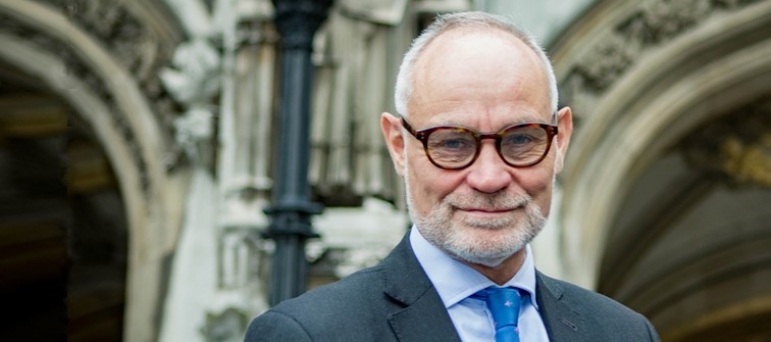In the wake of the historic news from Germany – where the largest recreational cannabis market can be expected shortly -, here in the UK, we are still waiting for even a small cannabis policy reform. Why is that?
During the last panel at this year’s Cannabis Europa event in London, experts attempted to answer this question. So, why is recreational cannabis still so far off the agenda in the UK while the mood in many other countries around the world is changing?
Peter Reitano, from Gwella Mushrooms, stated that one of the main reasons to reschedule cannabis is because of how the criminal justice system works.
Multiple reports in recent years have revealed how Black and minority people are significantly more likely to be charged for cannabis-related crimes than White people, despite similar rates of usage. Many believe that cannabis legalisation could be a way to begin to correct this injustice.
Mr Reitano, a self-proclaimed libertarian for drug policy, also pointed out the economic benefits that could be harnessed with the introduction of a new policy.
He claimed that just 10 US states generated $2.7 bn in tax revenue from cannabis sales last year alone.
Mr Reitano said: “I think the global zeitgeist has shifted in favour of ending prohibition. I think the culture has changed and politics is downstream of culture – now we need politicians and legislators to catch up where the public sentiment has gone.”
Dr Kojo Koram, a Lecturer in Law from the University of London, pointed out that legalisation is no longer a question of “if”; it’s a question of “when”.
However, he reiterated that any change would also need to benefit communities that have suffered from the last 50 years of prohibition in the UK.
He said: “When reform does come, and I do think it’s a question of “when” and “how”, not “if”, then it doesn’t arrive as a kind of luxurious, lucrative life-boat that sails away from some of the people who’ve faced the harshest penalties during the past 50 years of drug prohibition.
“We know that drug policy is still a driver of so many people into our criminal justice system – 27% currently in prison – in there – for drug offences.
“We also know that if we were to go to HMP Wandsworth or Brixton or Belmarsh [prisons], we’d see that the individuals in there would be of a different makeup to this room.”
Crispin Blunt, a Tory MP and long-standing advocate for cannabis reform, is potentially the most influential serving MP to be backing calls for meaningful cannabis reforms.
Mr Blunt is a former Prisons Minister, a position in which, he said, he was able to see the catastrophic cost of our drug policy within the criminal justice system.

(Photo: Crispin Blunt)
Mr Blunt, who doesn’t shy away from offering criticism where it is due – even with his fellow Conservative MPs and Ministers, said the UK is now five or six decades behind in terms of science and research.
He also has a clear idea of what’s missing in the government: authority.
He said: “For the UK, what is missing is the capacity within government to properly advise government with authority around cannabis-based products.”
“As the world is going, [legalisation] is a question of “when” not “if”. However, the government needs expertise now to deal with medicinal cannabis; it needs expertise now to deal with issues around CBD products.
“If it is going to go down the route of legalisation, which is going to be a huge question for the parliament at some point, what is the way and how can it be done the best for the United Kingdom to protect children, reduce crime and to be of benefit of our health and economy?”
Why is the government still hostile towards cannabis?
A number of politicians and even ministers and prime ministers have admitted past drug use.
We all know about Boris Johnson and David Cameron’s past cannabis use at Oxford and Eton College. However, both of them have very clearly opposed any change in the country’s recreational drug policies.
So, where does this hostility come from when there is growing evidence of the potential health, economic, criminal justice, and safety benefits?
Crispin Blunt put it simply: “I think in the last Conservative leadership election we scored 100% confession rate [of past use] from the leadership candidates.
“Politicians get to the simple position of ‘drugs are bad’, ‘just say no’, and don’t take responsibility for all the consequences.
“The consequences are truly horrific. When you take a $500 bn/year industry and hand it lock, stock and barrel into the hands of the criminal supply chain and you suck people into that supply chain because there is no alternative, they’d be surprised at the awful consequences across the world.
“That’s what comes with having a policy that’s not based on evidence. I’m absolutely engaged and advancing the public good in order to try and get towards drugs policy in its wider sense based on evidence and not prejudice.”

